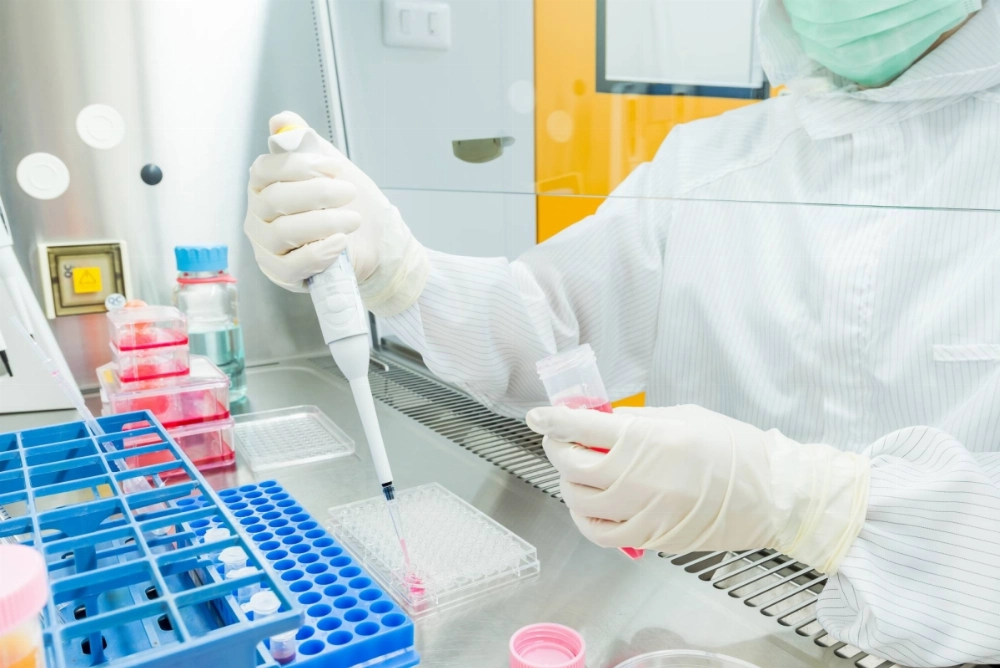In a quiet operating room on Kyoto University’s medical campus, a team of researchers slipped a syringe of lab-grown neurons into the brain of a living person.
Leading the trial was Jun Takahashi, a neurosurgeon with the kind of demeanor you’d expect from someone whose job involves rewiring minds. His team had spent five years coaxing adult skin cells back into an embryonic state, then training them to become the dopamine-producing neurons that Parkinson’s disease steadily erodes. Now, those donor cells were inside seven patients. And they were working.
At a news conference in April, Takahashi was characteristically reserved. “Confirming therapeutic efficacy is an important step,” he told reporters, “but not the final goal.” He meant it clinically. But the sentence hung in the air like a koan.


















With your current subscription plan you can comment on stories. However, before writing your first comment, please create a display name in the Profile section of your subscriber account page.